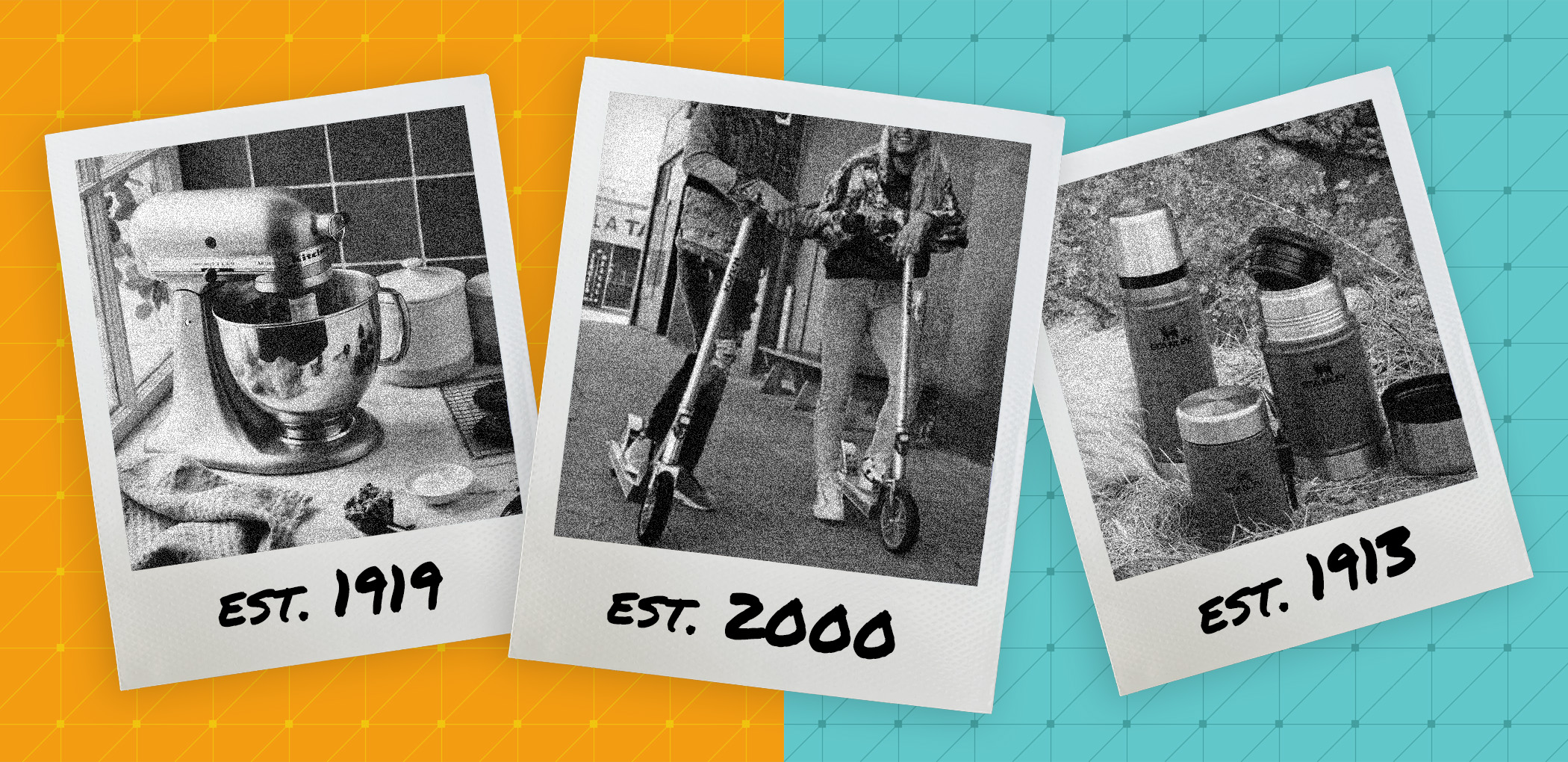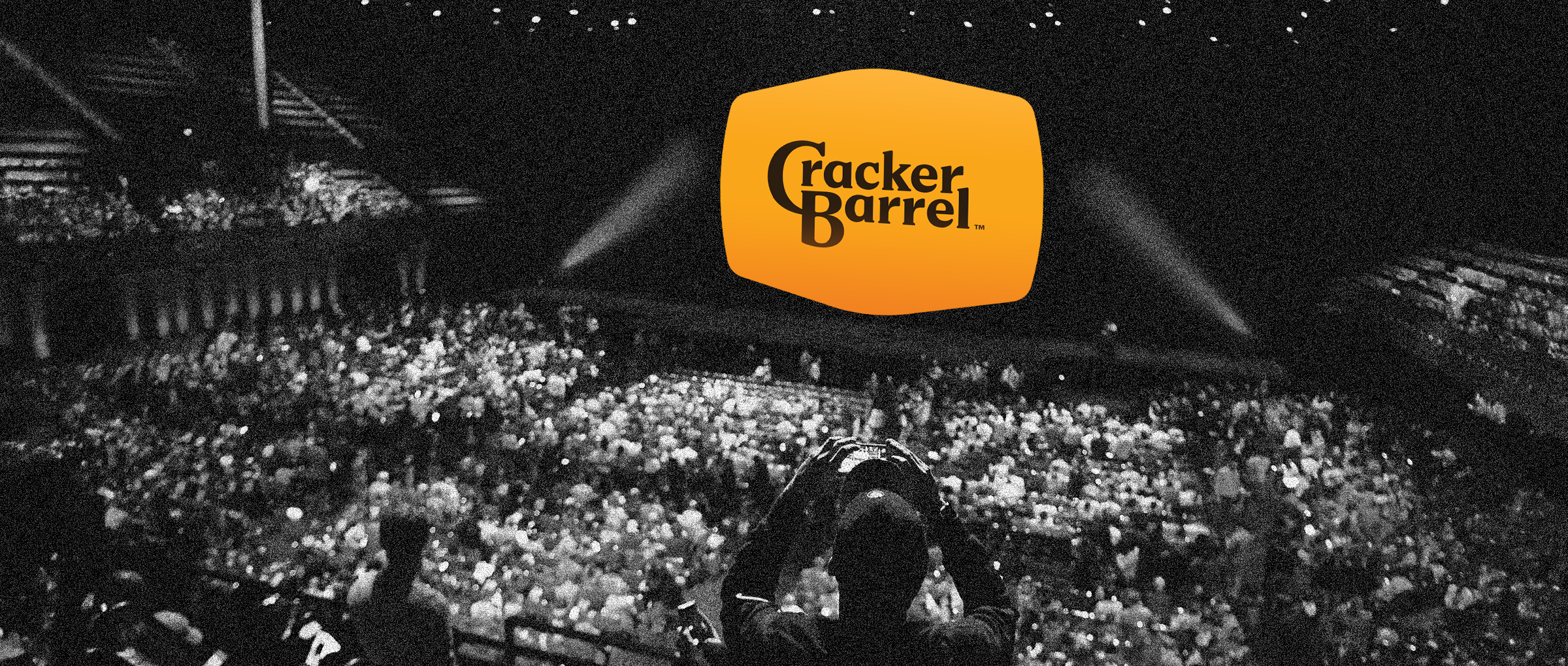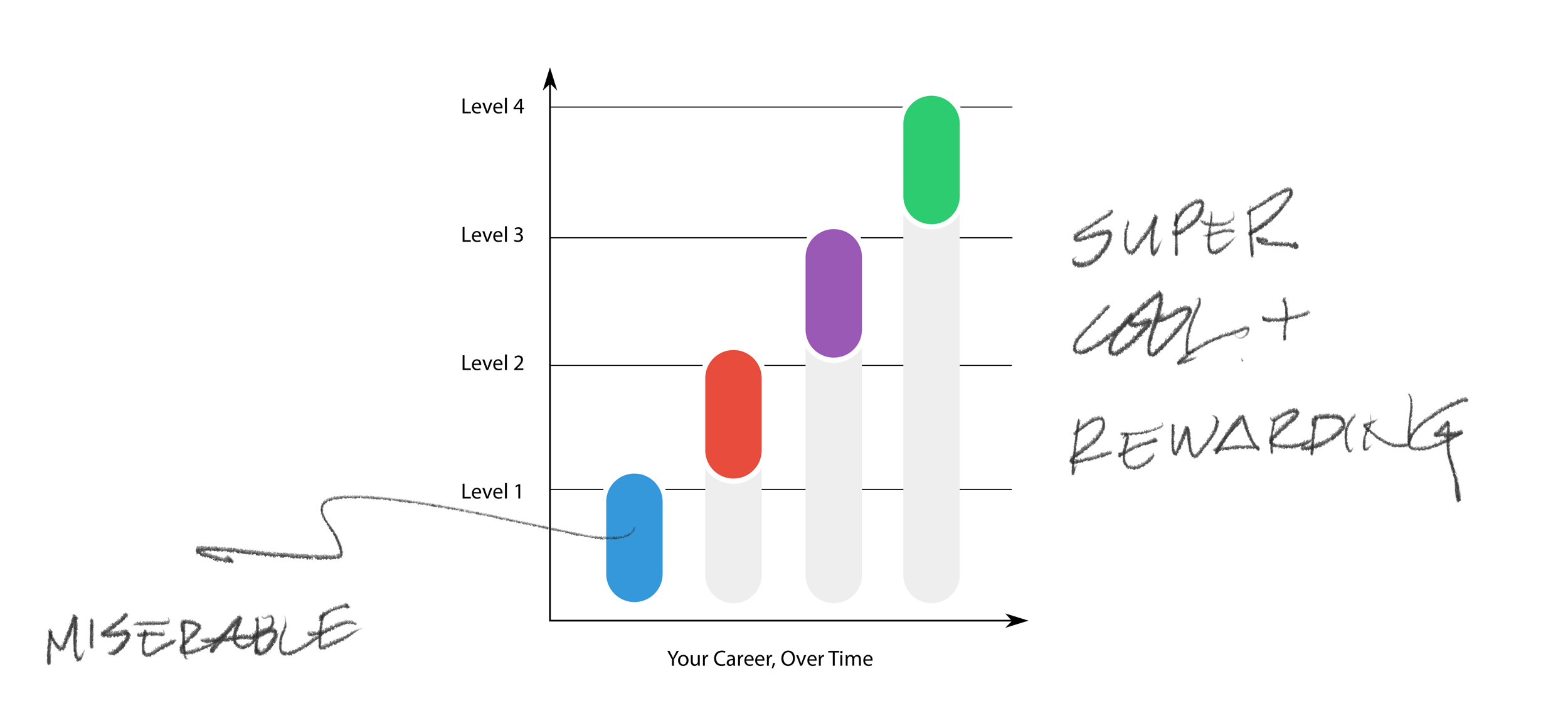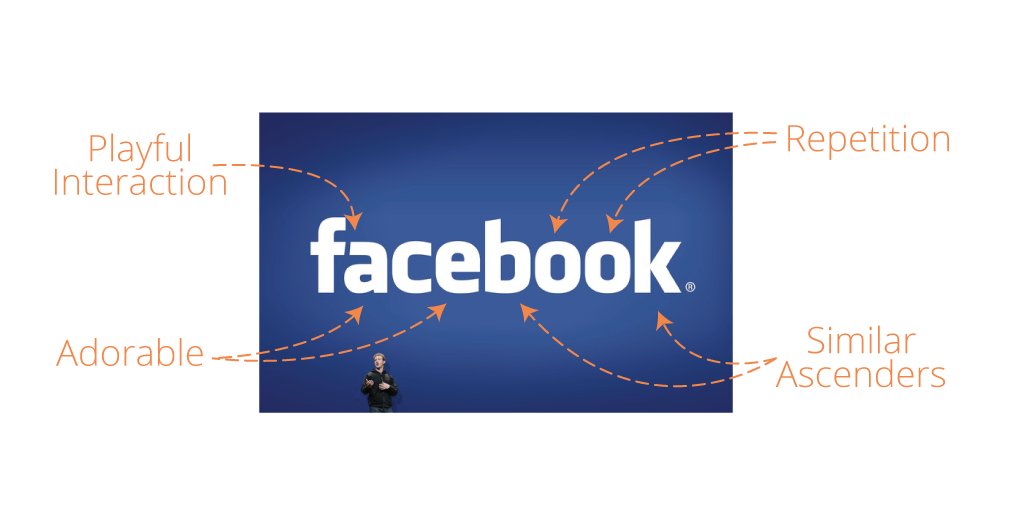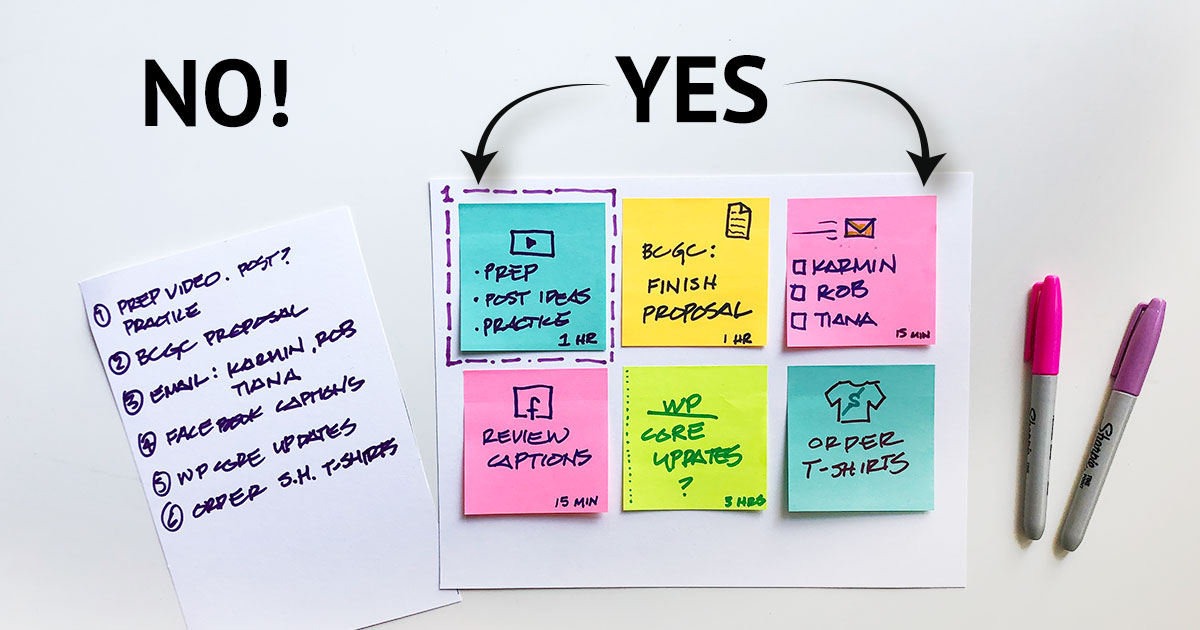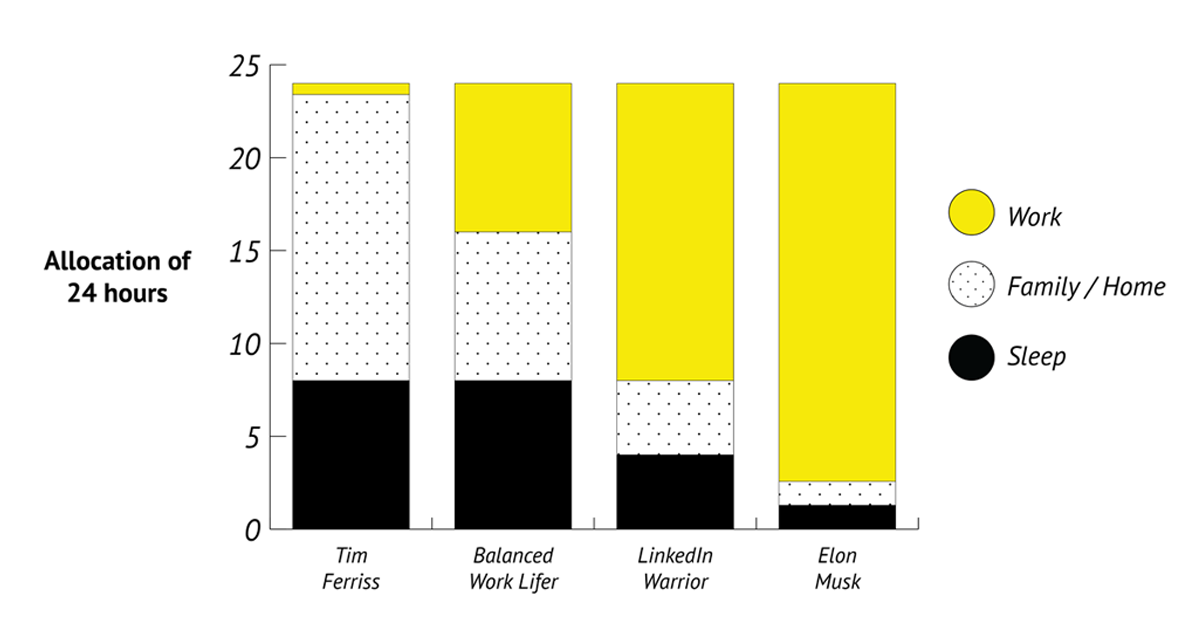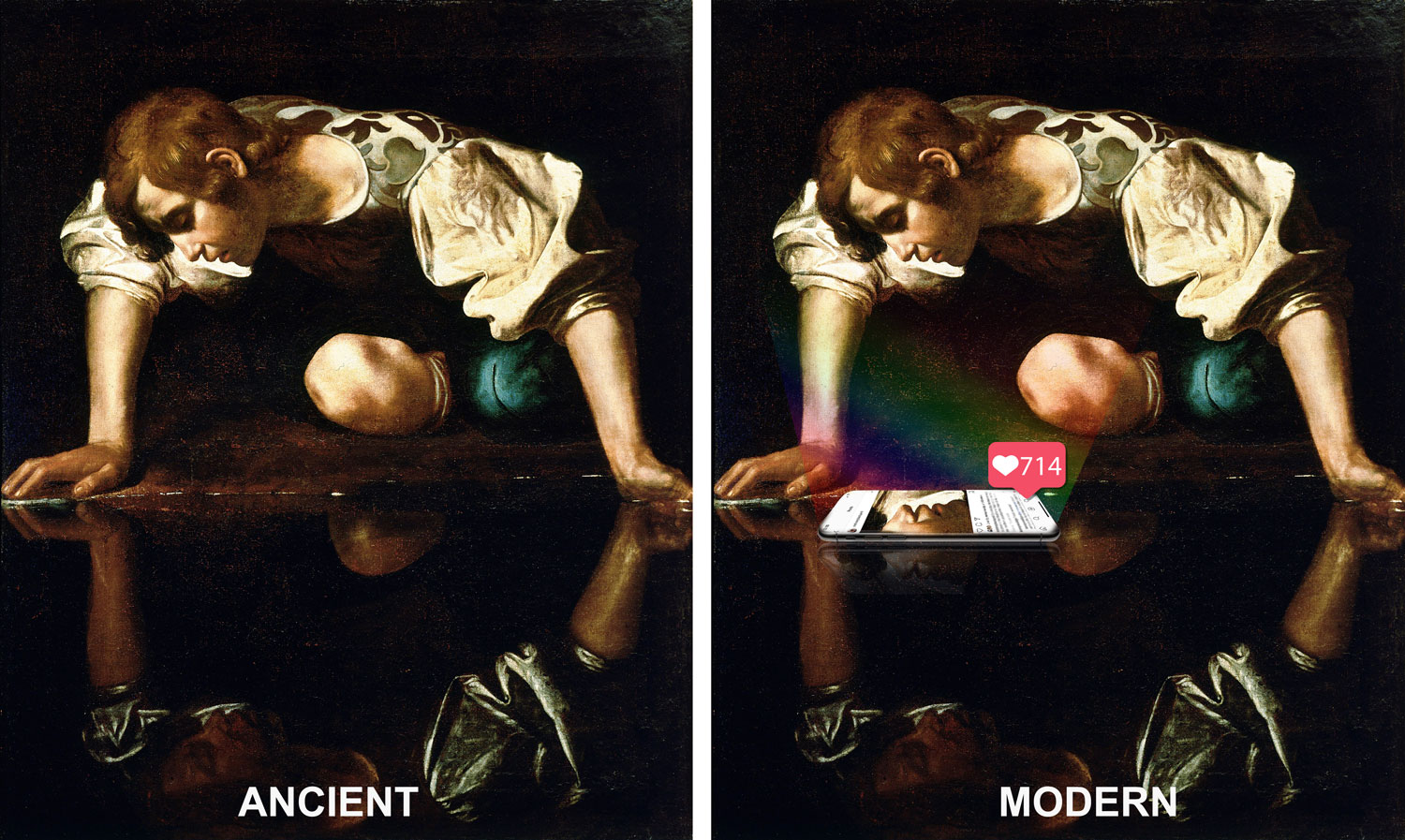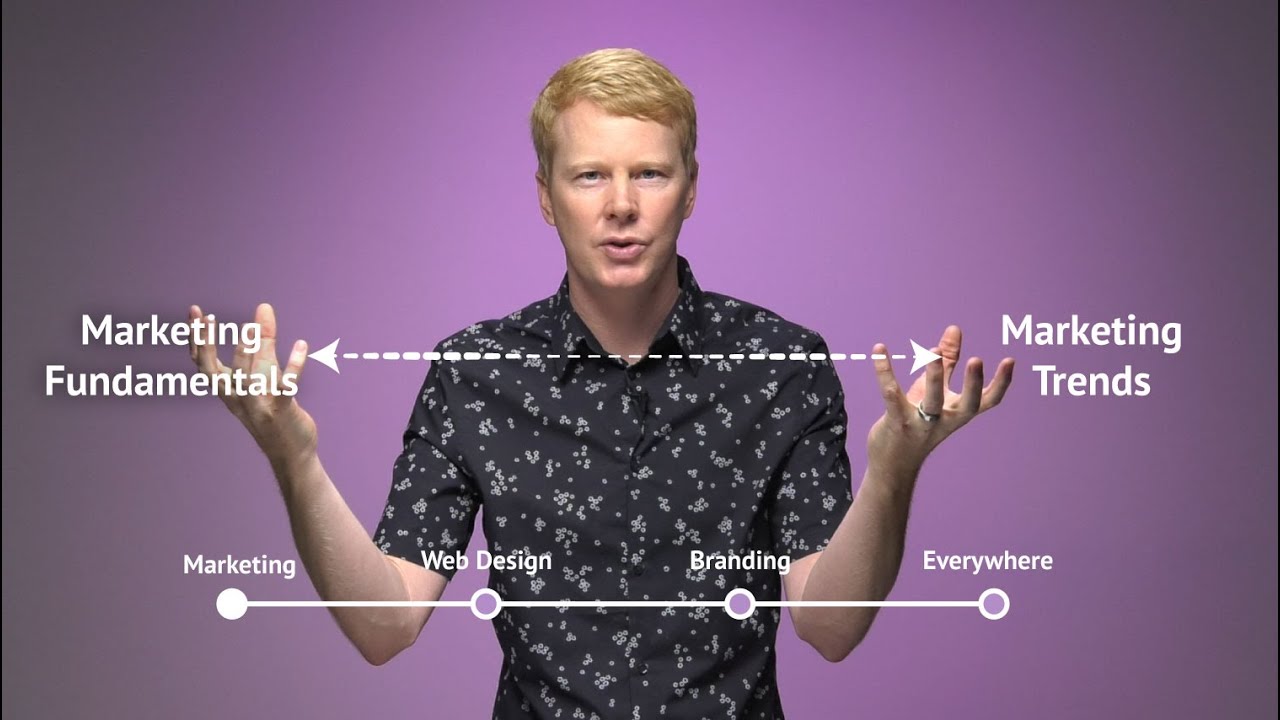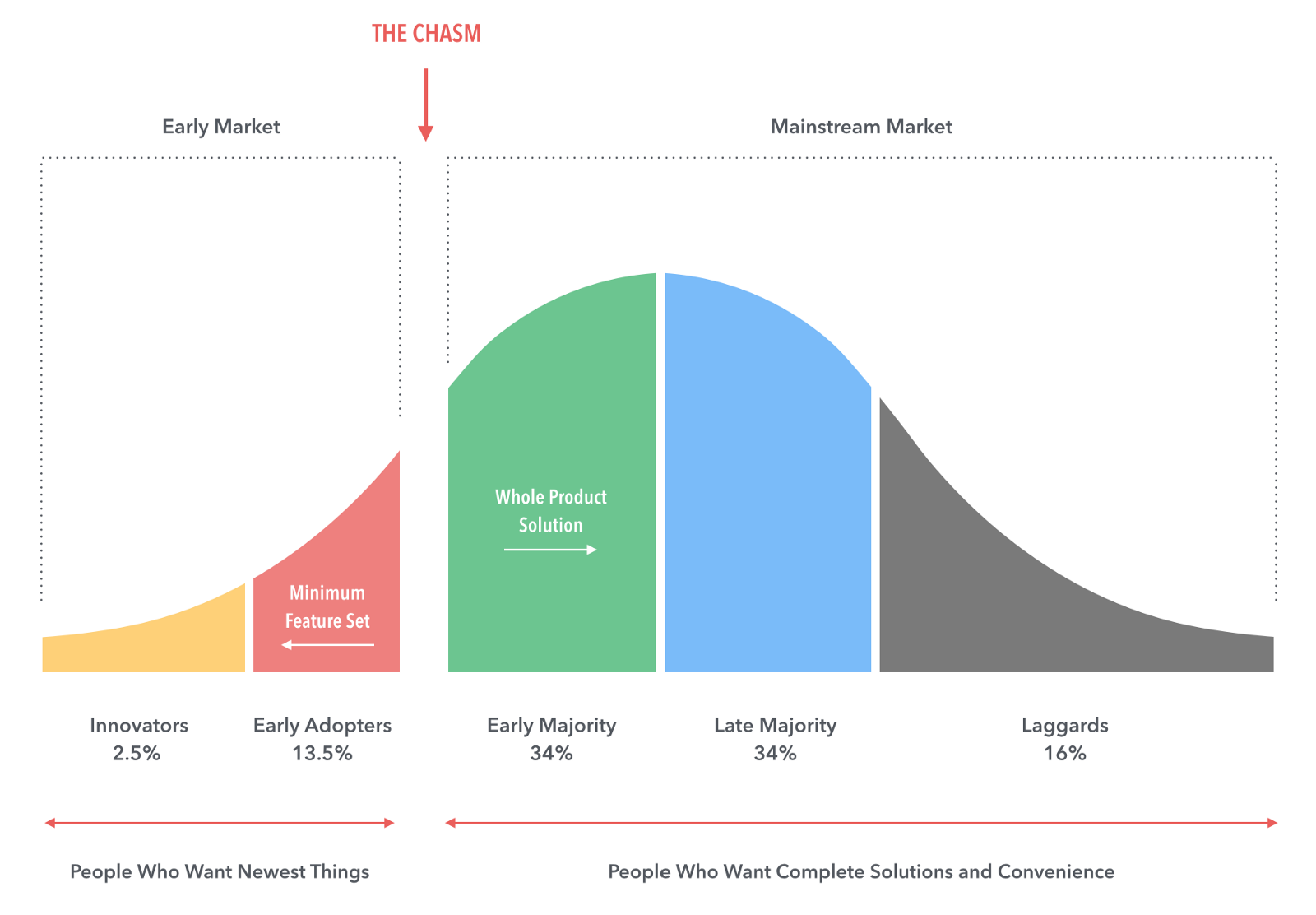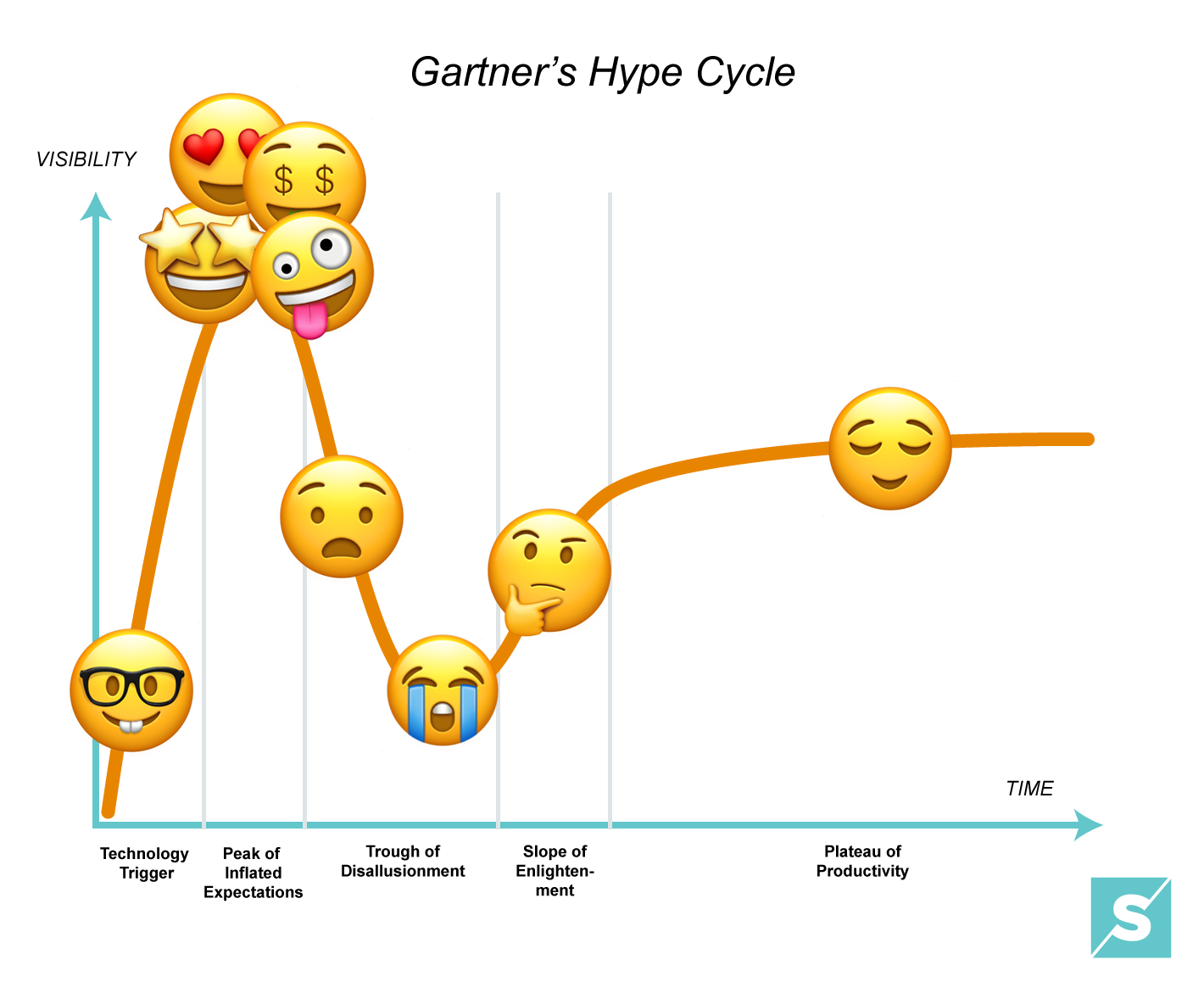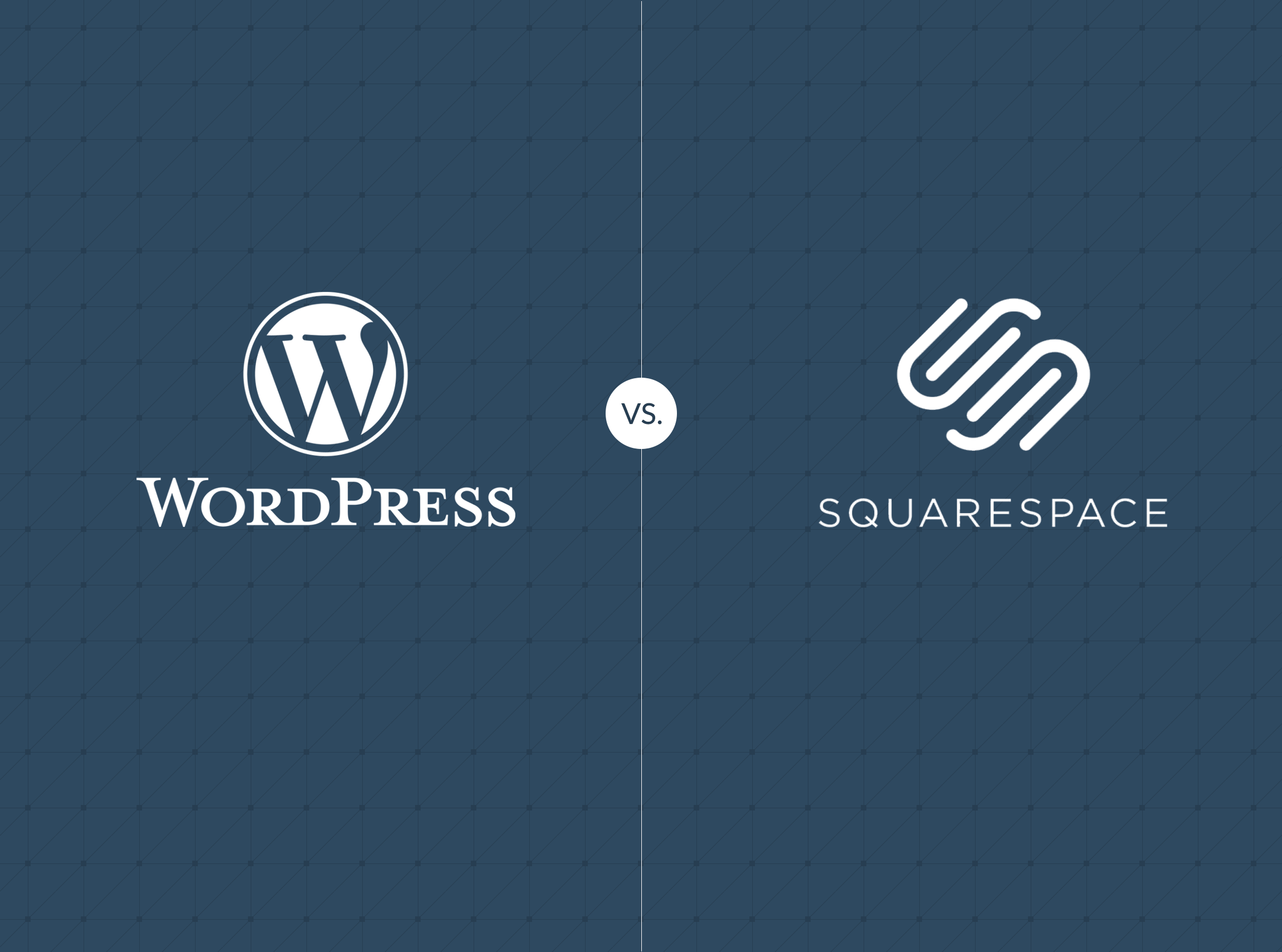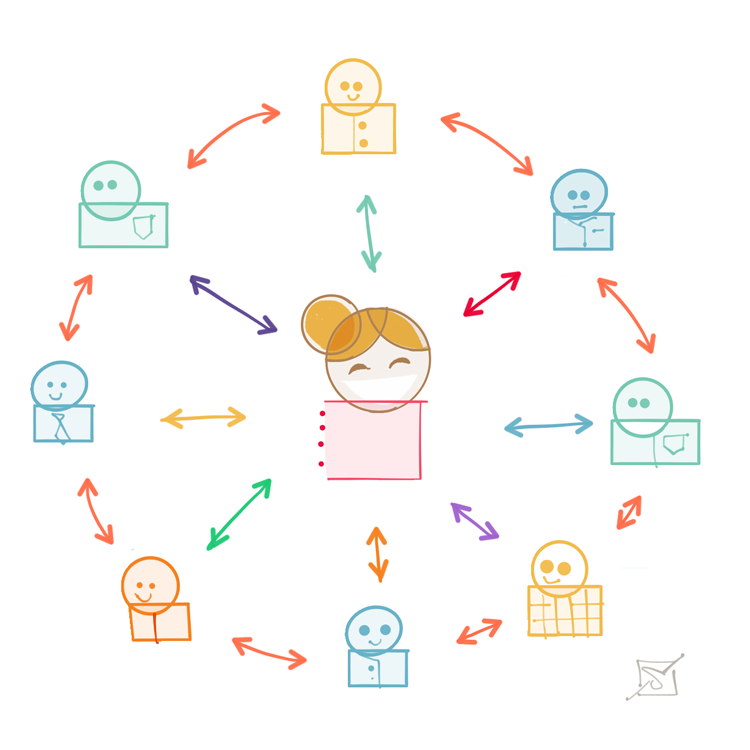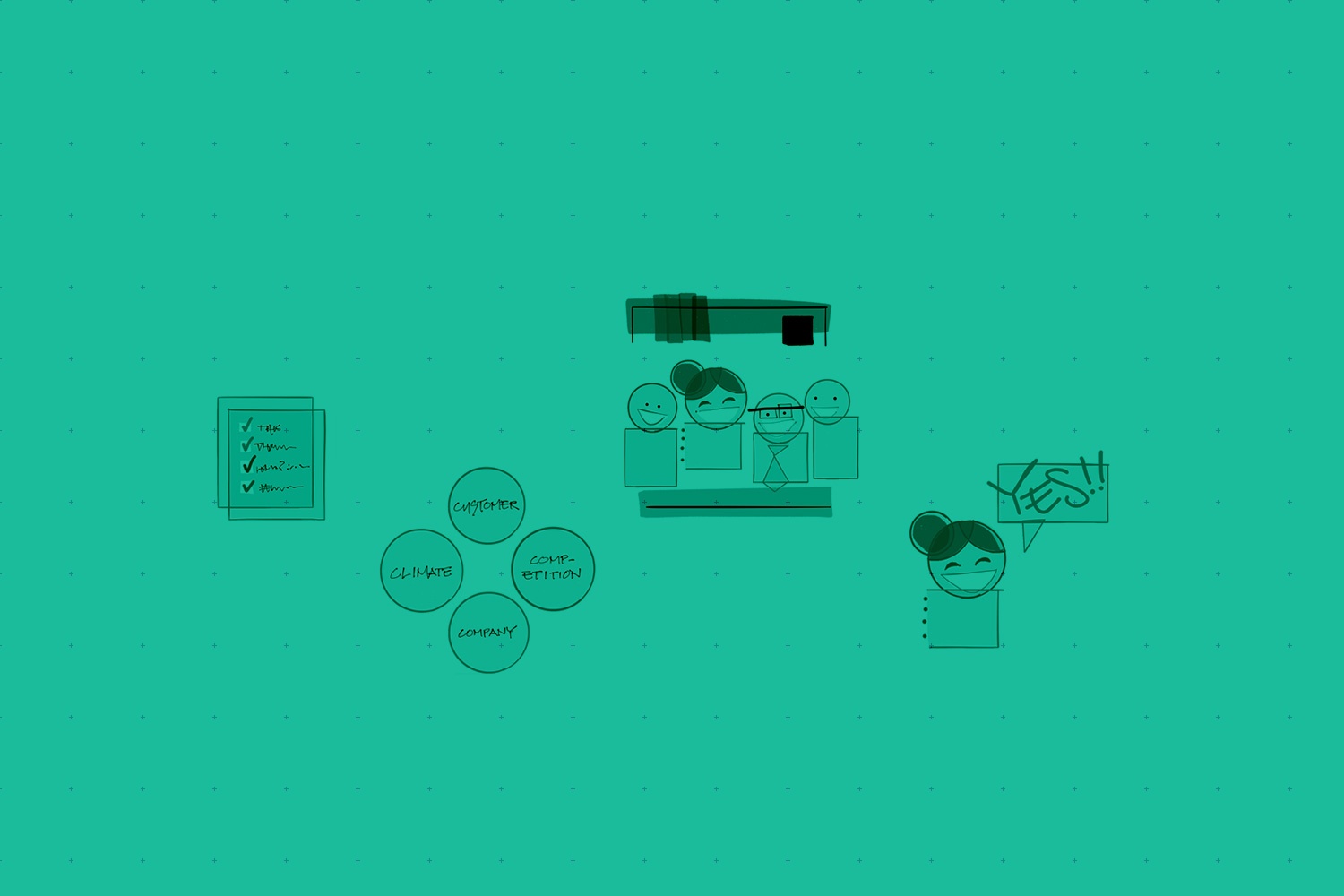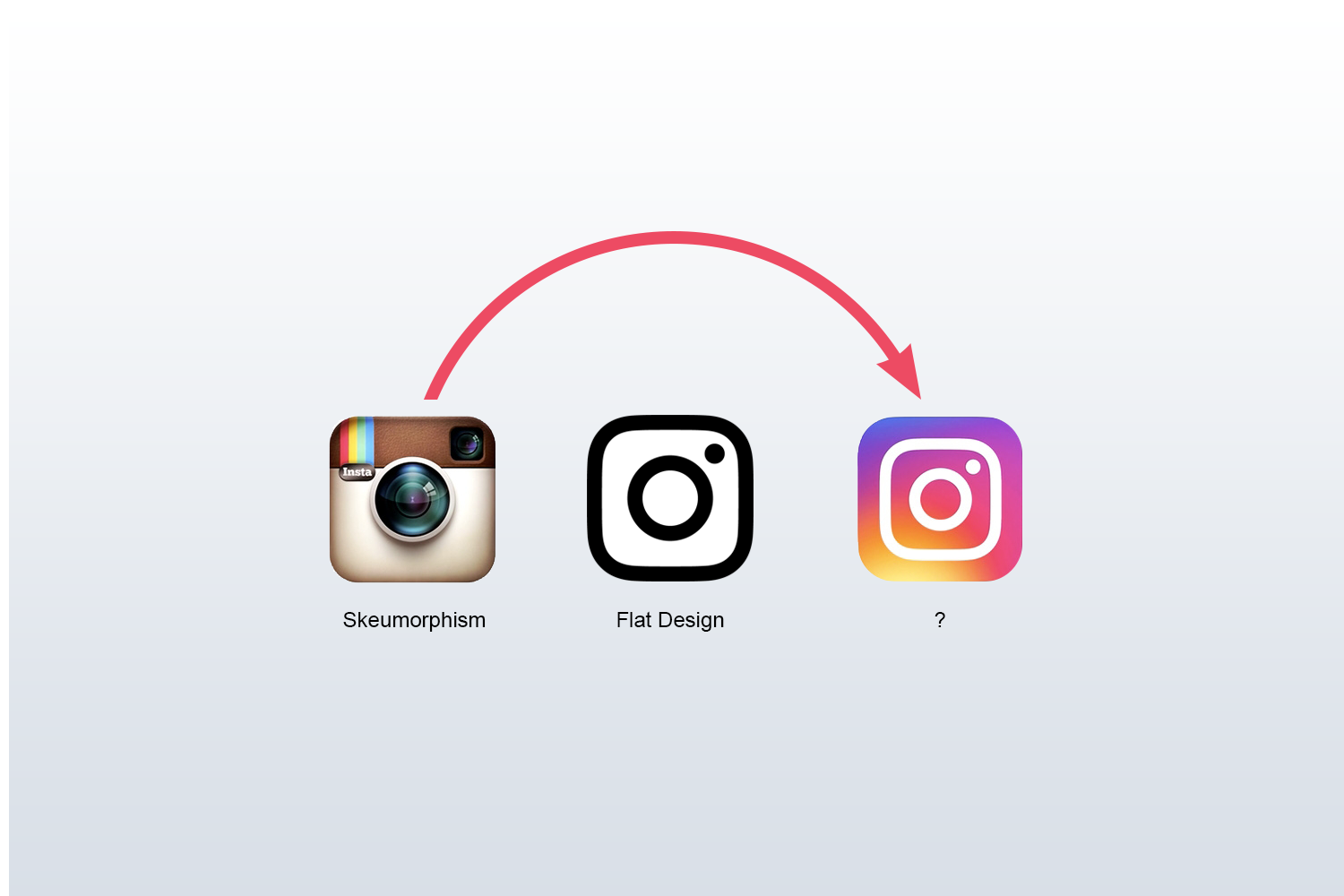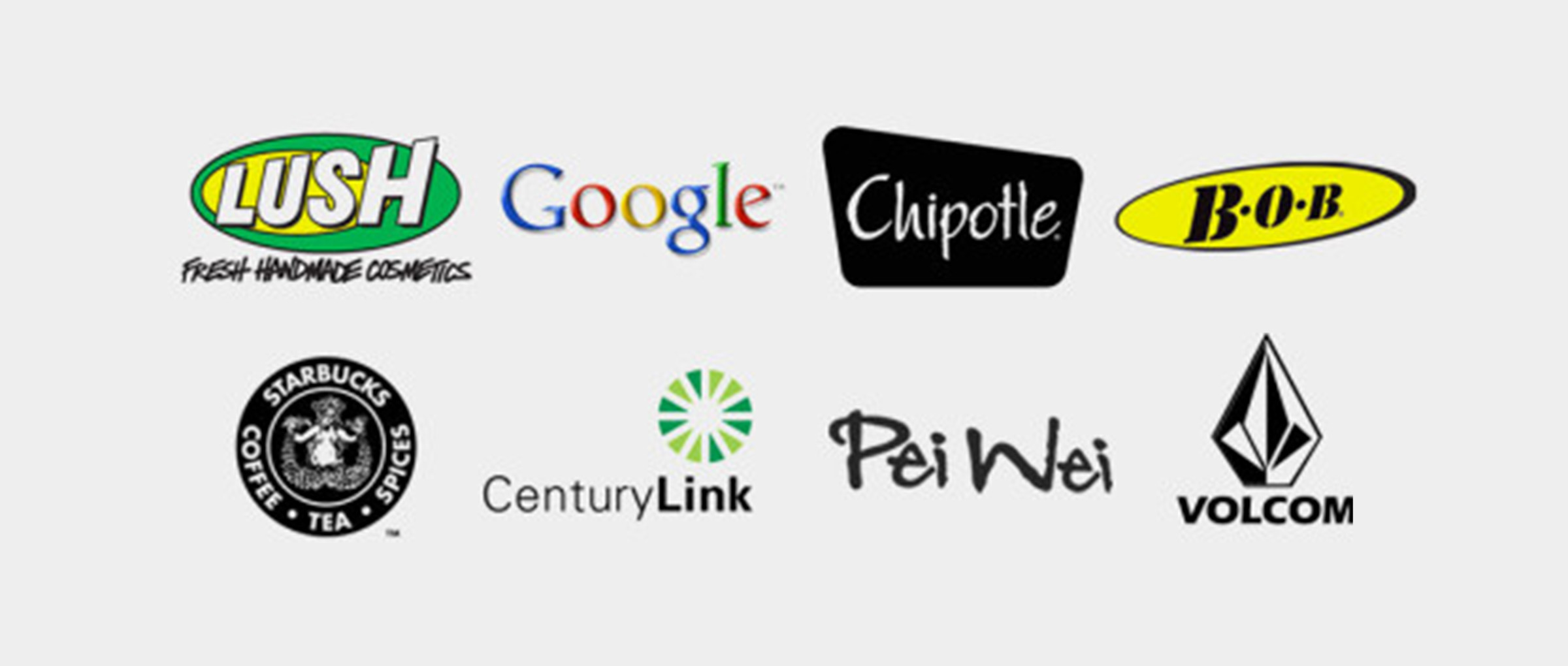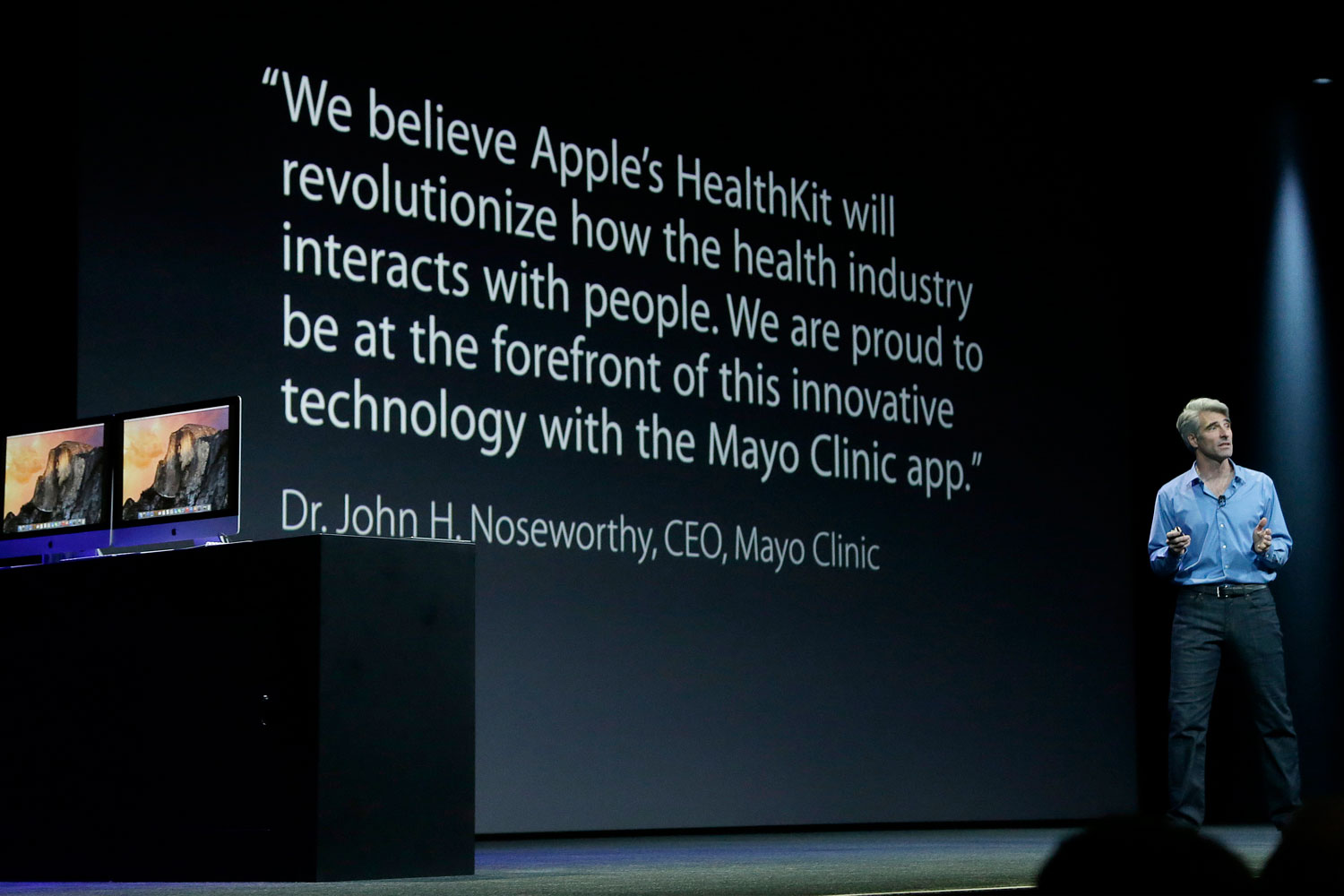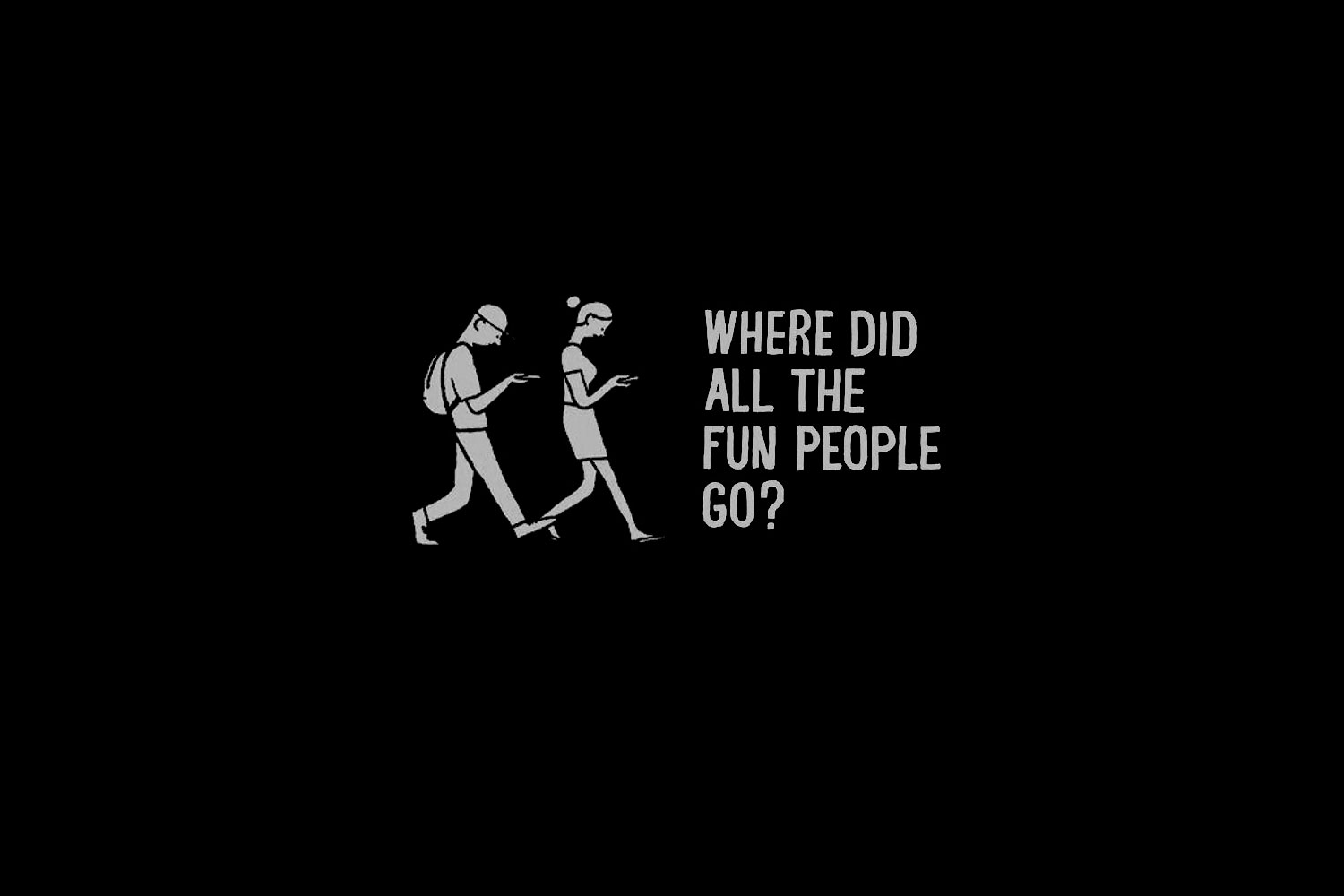I have always hated jargon. Why do we use made-up words and silly phrases? What are we trying to prove? What's wrong with speaking clearly?
Everyone should hate these made-up words as much as me. Before I teach you how to get gangster with jargon, first lets identify 4 different kinds of jargon:
- Jargon that Puffs You Up
- Jargon that Dresses up the Mundane
- Jargon that Masks Unpleasant Things
- Jargon that Names an Emerging Thought
1. Jargon that Puffs You Up
This is what you hear the most in the white collar world. ? ? When you are fresh out of college, hearing this jargon is exciting because it’s a signal that you are indeed a grownup.
- Agile
- Bandwidth
- Forward Planning
- Onboarding
- Quarterbacking
- Blah blah blah
After years of effort decoding jargon and buzzwords, you realize that 90% of it is unnecessary and even meaningless. And anyone who adorns their language with jargon is usually a poser.
"Frankly, it sounds made up."
Kramer
What to do: Politely but firmly ask for ordinary language.
Say this: "I want to make sure that you and I are on the same page. When you say ______, what do you mean?”
If the jargon-loving person gets fussy or aggressive, keep your confidence. I guarantee you that most of the people in the room don't understand what he's talking about, and they'll be impressed that you had the courage to bring clarity.
2. Jargon that Dresses up the Mundane
In some companies, much of the work is ordinary, repetitive tasks. The most ordinary, repetitive job that I've ever had was in high school at a restaurant, and everything was jargon:
- "2-Top, 4-Top" are tables that had chairs for two people or four people.
- "Seating Guests" is taking people to their table.
- "Mise en Place" is a fancy French phrase describes when cooks gather and organize their ingredients before they begin preparing the dish.
- "Running plates" is when someone takes the hot food to the tables when a waiter / server isn't available to do the job.
- "Bus a Table" is when you remove the dirty plates and cups from the table and wipe it clean after the guests leave.
⬆️ None of this jargon was necessary, but somehow it made the restaurant run better. People knew what they had to do.
What to do: Reluctantly, I believe that this kind of jargon is in fact useful. When you upgrade these mundane chores with important-sounding names, managers can hold workers accountable. Also, this kind of jargon helps you quickly train people you just hired on how to do their job.
Of course, this kind of jargon can be abused, so keep it in check.
3. Jargon that Masks Unpleasant Things
The most powerful example here is the language you use to end someone's job. The list is long, and it gets upgraded with every new year.
- Fired
- Laid off
- Let someone go
- "Changed Directions"
- "Restructured"
I understand that some things are unpleasant, so it's not dignifying to speak harsh words, even if they are justified. Losing your job is one of these situations. It's not fun to fire someone, and it's not fun to be fired. So we have to find a way to talk about it.
What to do: I'm okay with this jargon as long as it emerges out of a desire to be respectful. But be careful here! Sometimes this jargon evolves to allow people to avoid accountability. My favorite least-favorites:
- "Mistakes were made" really means that somebody made a mistake, but they won't own up.
- "The past is the past so let's move forward" really means that somebody screwed up the project and they aren't willing to fix it.
In your gut, you'll know it when you hear it. ↓
"It will just work itself out naturally."
4. Jargon that Names an Emerging Thought
Sometimes we just aren't sure what to call something. It's a new technology or trend, and it just doesn't have a name yet. So we give it a cool name with hopes of better dialogue to follow.
When it’s used well, this kind of jargon is very useful. New ideas deserve new names.
An easy example is “the cloud,” which began to catch on around 2006. Everyone was so excited to talk about storing things on“the cloud,” but I was skeptical because“the cloud” sounded a lot like web servers, which weren’t new at all. A web server is just someone else’s hard drive that you get to use via the Internet. But these words—web, servers, hard drive—are clunky and do little to inspire people.
But when "the cloud" was coined to describe the magical possibilities of web servers, things moved pretty quickly.
Once "the cloud" entered public conversation, ordinary people started to understand that you don’t have to keep everything (photos, music, software) on your computer that sits on your desk. It's risky, because computer hard drives fail all the time. Plus it's inconvenient. Who wants to drive back to work at the end of the day to look for a spreadsheet?
So jargon that labels an emerging thought can be a good thing for everyone.
What to Do: Embrace it! Pay attention. Take notes!
But be careful, because there is a twist to this story. Whenever jargon catches on, and things move quickly, brace yourself because everyone will upgrade their lingo to look legit. People re-label everything with a catchy new word. Don't blindly accept that something old and useless becomes magical when it gets a hip new name.
One more thing. Don't forget that emerging means that something big is becoming clear. Emerging thoughts, methodologies, and industries must eventually gain real prominence.
Otherwise, it was a cool idea that never went anywhere. But know that—with or without prominence—people will insist on using the lingo as if it actually still matters. They'll write books, organize conferences, and maybe even give a TED Talk. ◼️
Jargon is central to the tech world. Oftentimes, tech people use jargon to confuse and overwhelm potential clients. They use big words and acronyms with hopes of impressing you. You shouldn't have to deal with this nonsense. We've created some simple, cool videos and resources to help give you confidence to help you select the most capable team to build your next tech project (website, apps, etc.)


